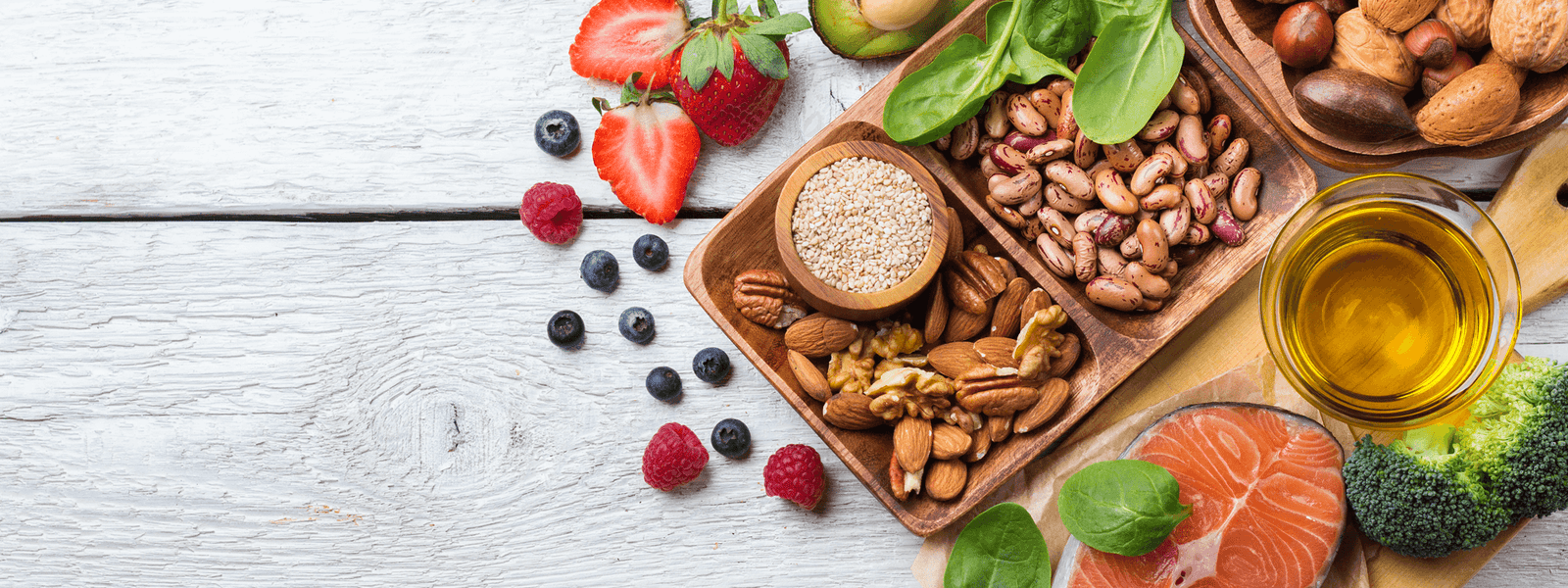We have been asked a number of times why cutting out dairy is recommended as part of our 30 Day Alkaline Challenge. Find out the reasons why limiting your dairy intake may be a good idea.
The reason for this is because research shows that dairy is acid-forming inside the body and said to promote excess mucus and inflammation. In fact, it's even the culprit of things like allergies, eczema, asthma, arthritis, bloating and acne.
Dairy and bone health
There are whole advertising campaigns around the benefits of dairy, promoting healthy strong bones. However, dairy has actually been shown to cause bone loss in certain individuals, with a Harvard study showing that a higher consumption of cow’s milk caused a higher rate of bone fractures. This study ran over 12 years and tracked 78,000 women. It found that the risk of a hip fracture was 45% higher in women who drank two or more glasses of milk per day versus those who drank one glass or less.
So why is this the case?
Dairy is a great source of calcium, and we need calcium for healthy bones. So why does dairy cause a negative effect on our bones?
When we consume a food that is highly acidic, take dairy for example, the body acts to rebalance and maintain a healthy pH balance. It does this by taking ‘buffer minerals’ (calcium, magnesium, potassium - building blocks of the body) to neutralize those acids. This means a lot of extra work for your body and lot less of those enzymatic reserves and minerals that keep your body and bones strong. Think osteoporosis and premature aging as a long term effect.
Balancing out your pH
So surely all you need to do is consume some alkaline foods for every piece of cheese you eat? Not quite! Here's where things get a little tricky, but really important. The pH operates on a logarithmic scale with multiples of 10. So, it takes ten times the amount of alkalinity to neutralize an acid.
A jump from 6 to 7 doesn’t seem like much, but in reality it will take ten times the amount of alkalinity to neutralize.
5 to 7 = 100 times. 4 to 7 = 1000 times. 3 to 7 = 10,000 times. Get the picture?
Dairy Alternatives

Of course, not all types of milk are acid-forming. While pasteurized goat’s milk falls into the slightly acidic category alongside cow’s milk, raw goat’s milk is slightly alkaline-forming. Almond milk is also alkaline-forming and provides another alternative to cow’s milk.
According to researchers, soy milk also has a neutral effect on the body’s pH levels — it is neither alkaline-forming nor acid-forming. If you are taking dairy in the form of milk or whey protein, a great way to take care of your pH levels is by consuming alkaline foods regularly. Green juices, lemon water, green tea and herbal tea made from leaves or roots are other alkaline-forming beverage options.
We also recommend adding a sachet of either Zupafood ELITE or Zupafood GREENZ to your daily water, smoothie or juice for a boost of alkaline greens. Our Zupafood range also contains marine calcium which is significantly more bio-available than general calcium supplementation.
In good health.


 Supplements
Supplements Bundles
Bundles

















